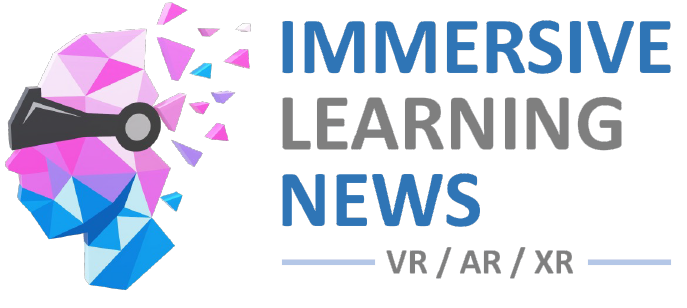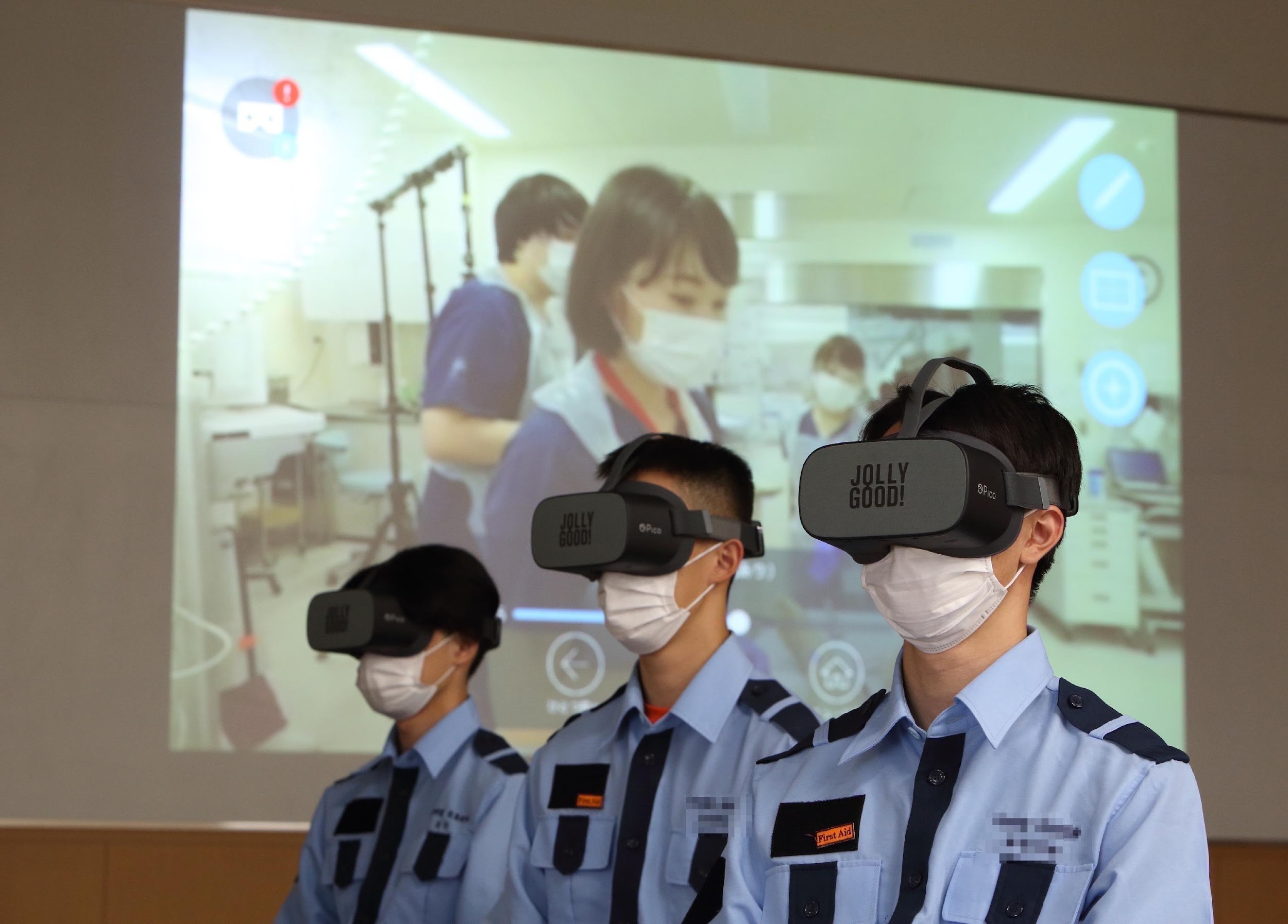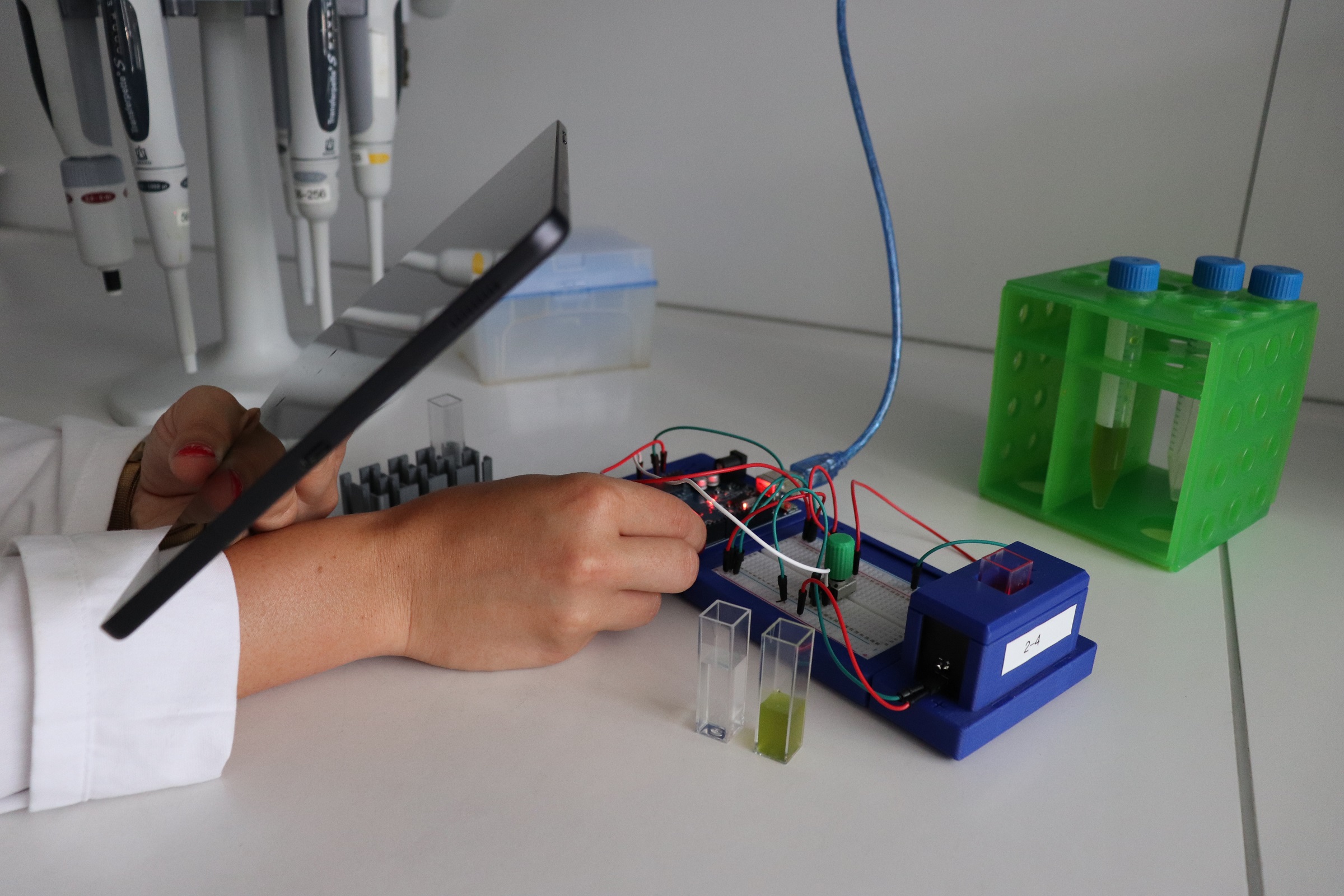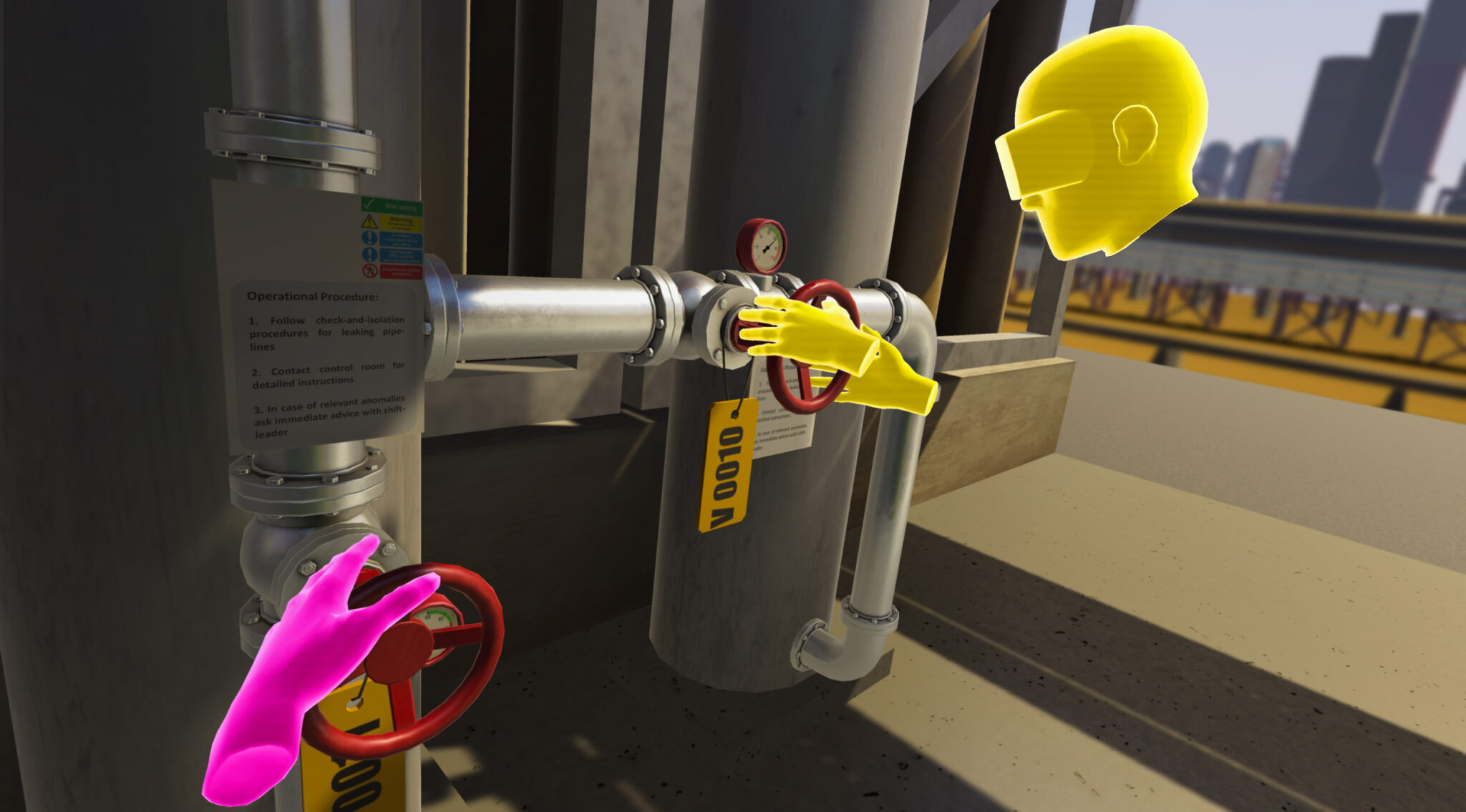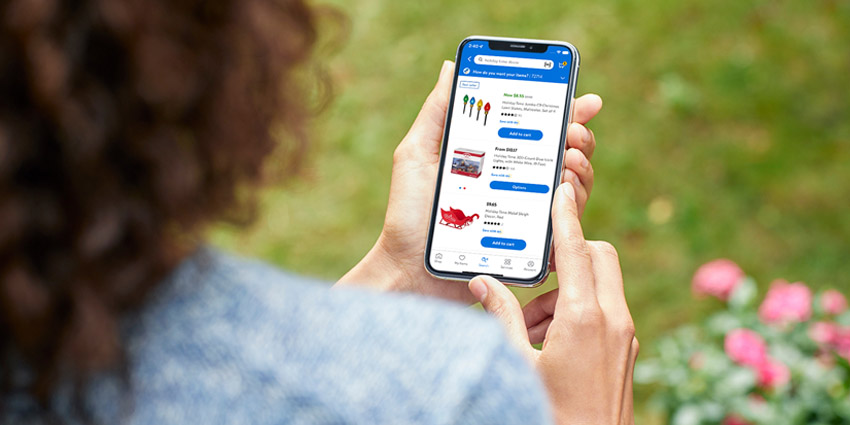The Demonstration Test was Conducted for 663 Students at 14 Vocational Schools.
〜 The effect of VR was Confirmed in In-Hospital Care by Paramedics as its Importance is Increasing under the Revised Paramedic Act〜
TOKYO, May 31, 2022 /PRNewswire/ — Jolly Good Inc. (based in Chuo-ku, Tokyo, Japan; CEO: Kensuke Joji; hereafter „Jolly Good“), is pleased to announce that the educational effect of VR was confirmed as the result of the demonstration test conducted for 663 students at 14 vocational schools throughout Japan which are registered with Japan EMT School Association (JESA:Chief Chairman, Shuji Tanaka) in the effect verification of VR clinical training curriculum adopted by the Ministry of Education, Culture, Sports, Science and Technology in „Demonstrative Research on the Utilization of Advanced Technology in Vocational Schools in 2021“.
This effectiveness verification was conducted using VR teaching materials on the flow of initial treatment from the emergency scene to the hospital scene which paramedics face in the actual situations. As a result, it was confirmed that VR teaching materials improve the effectiveness of learning in-hospital care by paramedics under the revised Paramedic Act, as the students‘ understanding of the treatment doubled and approximately 80% of their‘ understanding improved through VR teaching materials.
Details about the result of the demonstrative classes
(The change of the understanding levels when VR teaching materials are used)※Excerpt
The demonstration project was conducted using VR teaching materials which recorded the treatment of injured patients in cardiopulmonary arrest who were transported from pre-hospital scenes to hospital.
1. Students‘ understanding levels of the initial treatment process nearly doubled through the VR classes
While 47% (n=380) of the students had a good understanding of the initial treatment process before taking the VR classes, 82% (n=319) of the students had a good understanding of the initial treatment process after taking the VR classes.
2. Students‘ understanding levels of in-hospital team collaboration nearly doubled through the VR classes
While 39% (n=380) of the students had a good understanding of in-hospital team collaboration before taking the VR classes, 80% (n=319) of the students had a good understanding of in-hospital team collaboration after taking the VR classes.
3. Subjective levels of understanding improved in all 6 items as a result of the VR classes
A comparison of the levels of understanding in 6 items rated out of 5 points before and after taking VR training showed that the levels of understanding were all significantly improved after VR training.
„Understanding of patients‘ condition“:3.8point→4.5point
„The flow of the initial treatment“:3.6point→4.5point
„The care for patients“:3.7point→4.4point
„The difference in roles of team members“:3.9point→4.4point
„The collaboration of doctors and nurses“:3.7point→4.4point
„Takeover from EMTs to hospital“:3.9point→4.1point
Before VR classes:n=380
After VR classes:n=319
Quelle:
Foto: Paramedic Training VR Nearly Doubles Students’ Understanding of Teamwork in Medicine
